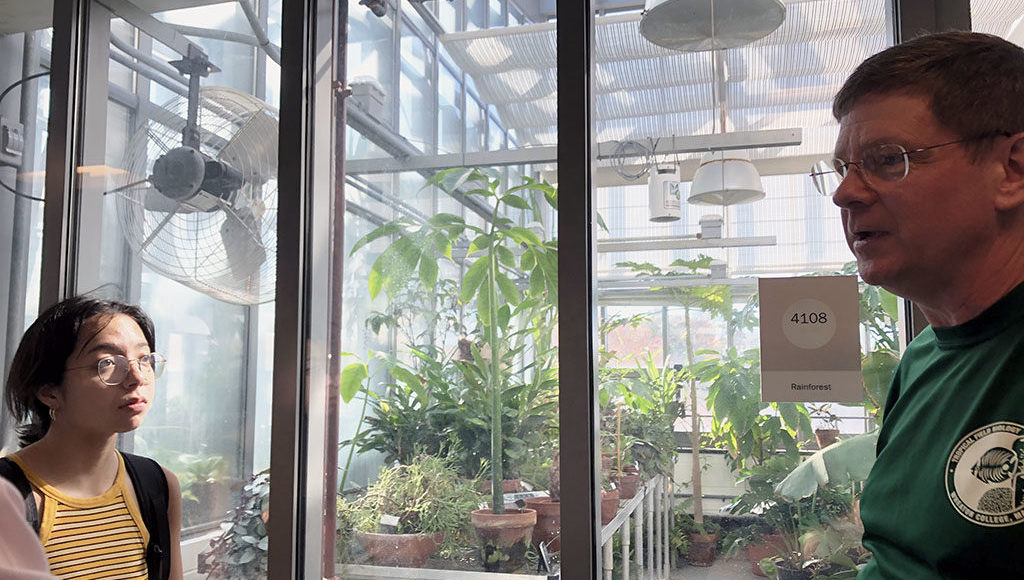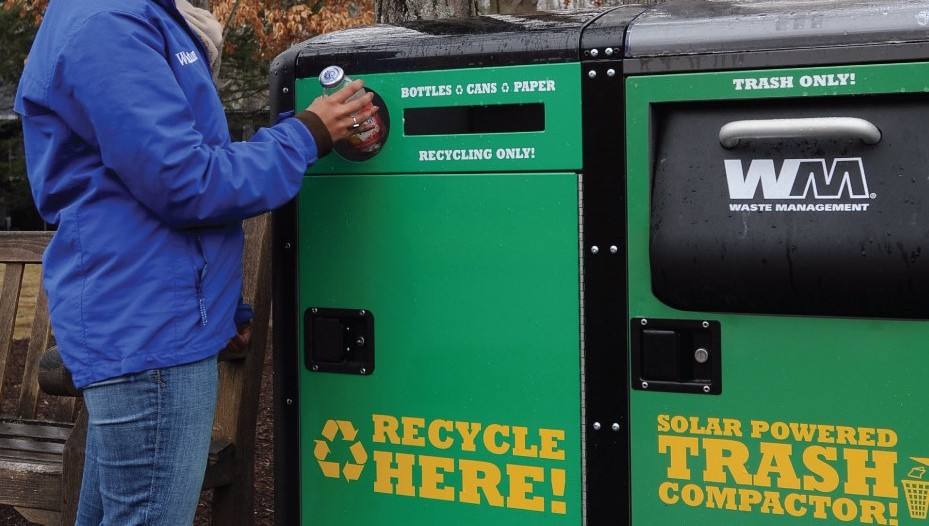Invest Today. Inspire Tomorrow.
At Wheaton, a commitment to sustainability permeates everything we do—shaping our curricula, clean energy practices, and way of life.
Since its inception, Wheaton has helped shape and define the field of higher education. We bring the same leadership and resolve to advancing a culture of sustainability on campus and beyond. With an investment in Wheaton's commitment to sustainability, you support a community that is preparing its students to tackle issues as environmental leaders, committing to environmentally sound practices, and shaping a sustainable legacy for future generations.
Wheaton Fund donations will help support:
Wheaton Green Culture in Action
Solar Electric & Solar Hot Water/Pool
Construction is complete on a 1.3MW solar field on Wheaton’s Clapp Street parcel as well as a 350KW rooftop solar array on the Science Center and Haas Athletic Center. Wheaton’s solar field is one of three projects that provide electricity sufficient for 450 homes and is equivalent to planting 60,000 trees, preserving 2200 acres of forest, and taking 500 cars off the road.
LEED Certified Buildings
Mars Center for Science and Chase Dining have met the highest green building and performance measures in five key areas of human and environmental health: sustainable site development, water savings, energy efficiency, materials selection, and indoor environmental quality. Because of this commitment to sustainability, both buildings have been awarded Leadership in Energy and Environmental Design (LEED) certifications.
Food & Water
Sustainable food sourcing includes offering sustainably sourced seafood and focusing on organic and locally sourced food at Hood Eco Cafe in the campus center. Sustainable waste management includes sending all pre- & post-food waste to a pig farm and converting fryer oil to biodiesel fuel. Our commitment to waste reduction is seen in the installation of more than two dozen filtered water fountains around campus, which has saved the equivalent of over 720,000 plastic bottles. Since 2015, students get their hands dirty growing all types of fruits, vegetables, and herbs—while operating under a larger mission of promoting food justice and sustainability at Wheaton's student-run community garden, WheaFarm.
Recycling & Efficiency
In recent years the college has recycled over 13 tons of metal, 131 tons of concrete, 36 tons of wood, and 80 tons commingled. Additionally, the campus has adopted LED lighting as the standard for all new and replacement lighting on campus. Also, the college retrofitted approximately 4,000 fixtures with high-efficiency LED lightings for anticipated annual savings of more than $100,000. Recently, Wheaton converted the college's central heating plant to natural gas to reduce carbon emissions and lessen the college's carbon footprint.




